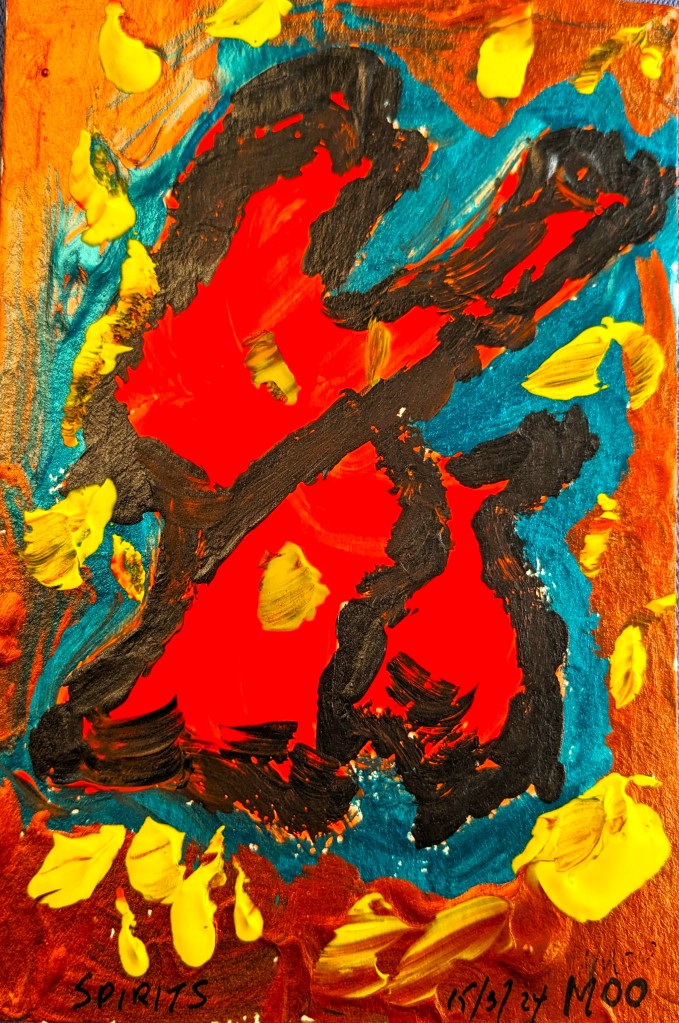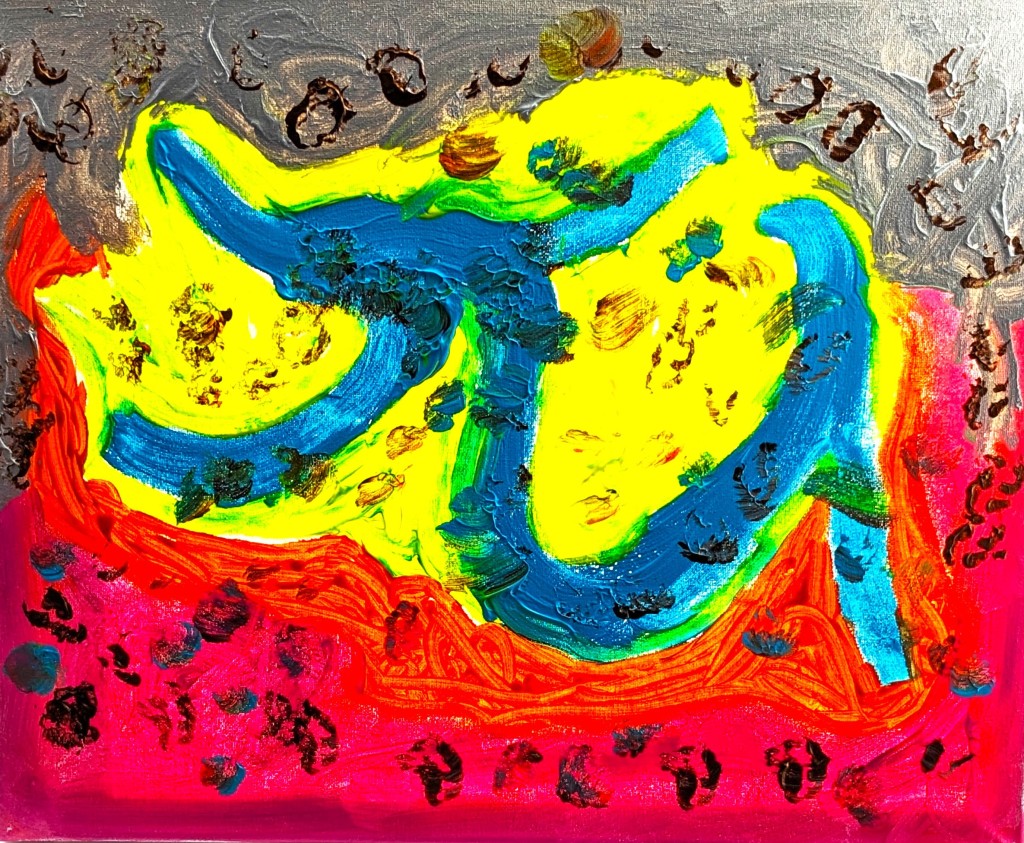
What does freedom mean to you?
When I look at that one word, alone on the page, I think, above all, of the multiple meanings attached to such a word, then I think of how it can be twisted in so many ways to make it mean whatever the speaker wants it to mean. So, let me begin by asking, what does freedom mean, in general, not in my own specific case.
Freedom – “the power or right to act, speak, or think as one wants without hindrance or restraint.” Interesting – no mention here of right or wrong, of truth or lies, of harassment or of perjury. Freedom – speech with no hindrance or restraint.
Freedom – the “absence of subjection to foreign domination or despotic government.” Wow! The first is very interesting but the second is extremely problematic. We need a definition of despotic and of government. We also need further clarification as to who decides what governmental despotism means. If beauty is in the eye of the beholder and if there is no arguing about taste, is the definition of despotism purely subjective? Who shall guard the guards? Does a despot consider himself or herself to be despotic? Do his or her followers? Or is it only the people who suffer and become victims of the despot’s hands, feet, orders, laws, commands, bullies, or general conduct?
Freedom – “the state of not being imprisoned or enslaved.” This is certainly much clearer. Thank you.
But consider where this very brief analysis has led us. And we haven’t even started on the Biblical meanings of freedom – “freedom from sin” – “and the truth shall set you free” – and here we are only scratching the surface of the possible religious and philosophical meanings of what the Spaniards call libre albedri’o, or free will.
What does freedom mean to you?
And now we move into the personal and the personal circumstances will change for each one of us. In my own case, freedom is my new Nexus 3 Rollator. It allows me to put aside my canes and walk around the block, something I have been unable to do for several years now. Wow – freedom to walk on my own, just leaning on my wheeled walker. Freedom to talk to my old friends, many of whom I have not seen or spoken to for a long time. Freedom to meet and talk to new neighbors, many with their lovely children and wonderful dogs. Freedom to breathe in the fresh air of early spring and to visit the flowers as they start to grow. Freedom, for me, is also the ability to see with my own eyes. Last month, I had my lenses laser-polished and now I can see again with 20/20 vision. Wow – that is really freedom, to to be able to read all but the tiniest print, without needing to use glasses. Freedom, for me, is also the ability to be able to cook, shop, move, live, without excessive pain. My new powers of walking have helped me with that. Long may it continue. It is also the good fortune to have enough money and strength to live in my own house and not to need a care home or regular home help.
Freedom – Such a magic word – such a powerful word – such a personal word. The freedom to choose to be myself, dependent on nobody else – and long may that freedom continue.












